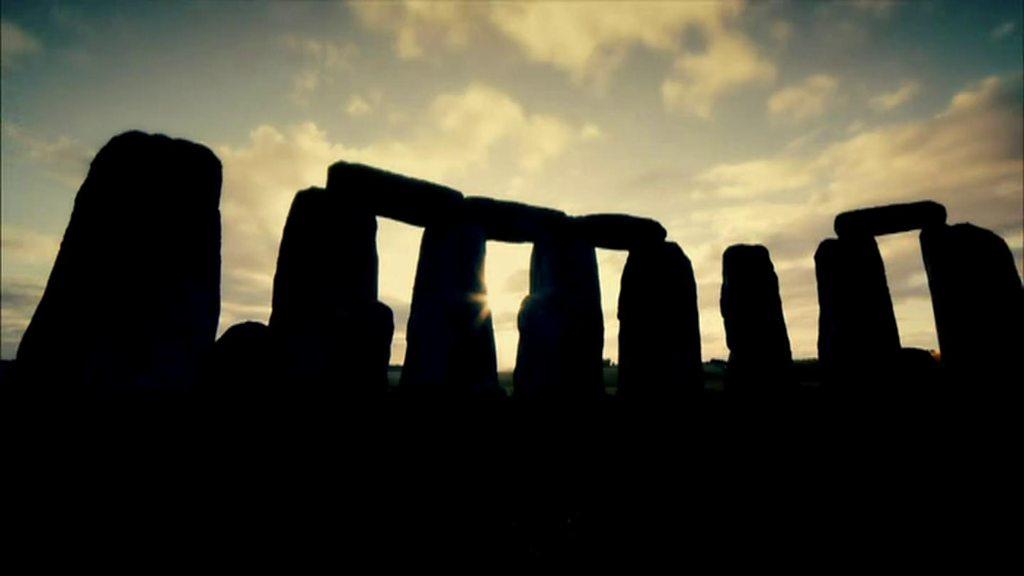Stonehenge: High Court overturns ban on byways traffic
- Published
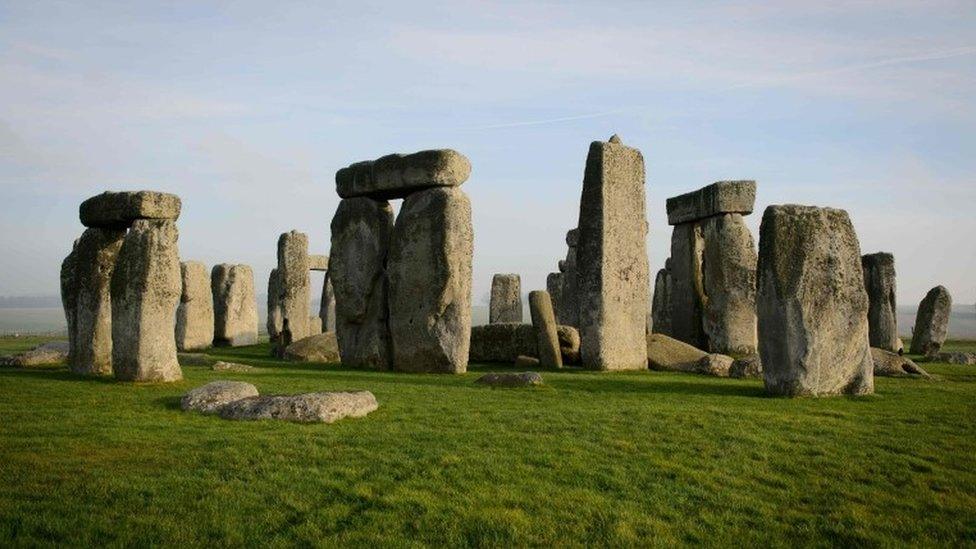
Wiltshire Council imposed the ban in June
A ban on motor vehicles using a network of byways around Stonehenge has been overturned by a High Court judge.
Wiltshire Council imposed the ban in June to protect pedestrians, cyclists and horse riders and prevent damage to byways during the summer solstice.
The Trail Riders Fellowship, which fights to keep byways open for off-road vehicles, took the council to court.
The judge, Mr Justice Swift overturned the ban ruling the council had failed to consult those affected by the order.
According to the council, there had been an "apparent increase" in vehicles using the byways around the ancient monument since 2013 when part of the A344 was closed to traffic.
The "experimental" traffic order, which could only remain in force for 18 months, was brought in so the council could analyse its effects.
'Legitimate expectation'
Although the judge found the fellowship had no "legitimate expectation" to be consulted, he said the council had failed to comply with a legal requirement to consult the Freight Transport Association and the Road Haulage Association.
He also ruled the council had failed to properly consult Wiltshire Police on the "details of the proposal and the reasons for it".
Mr Justice Swift added there was nothing to stop the council re-imposing the ban. However, proper procedures would have to be followed.
Landowners' and tenants' vehicles were excluded from the ban, which also prohibited parking vehicles on byways "for sleeping, camping or cooking".
- Published8 August 2018
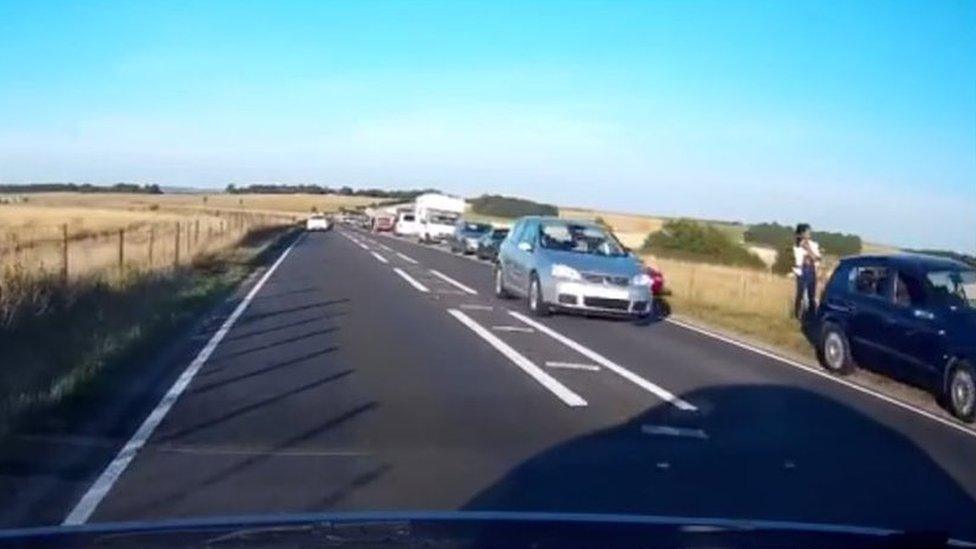
- Published2 August 2018
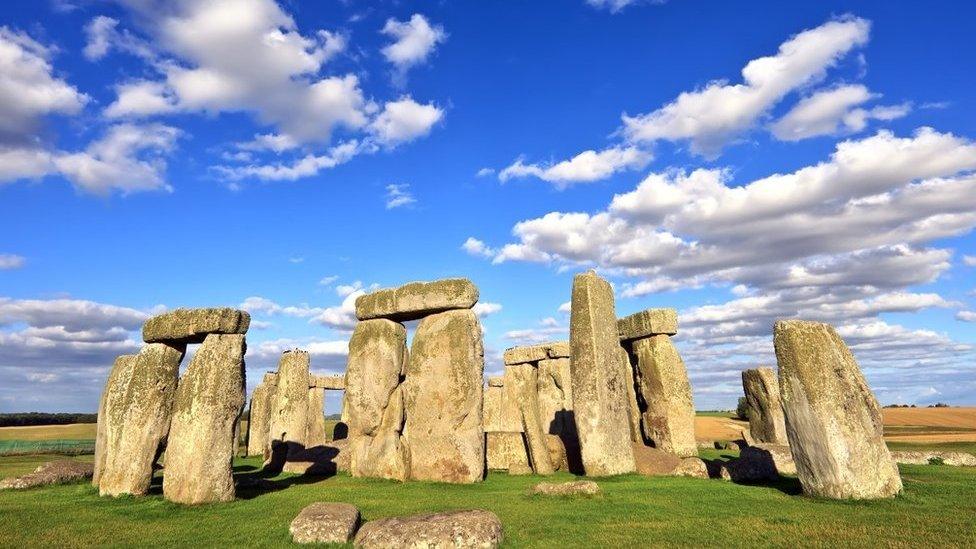
- Published29 May 2018
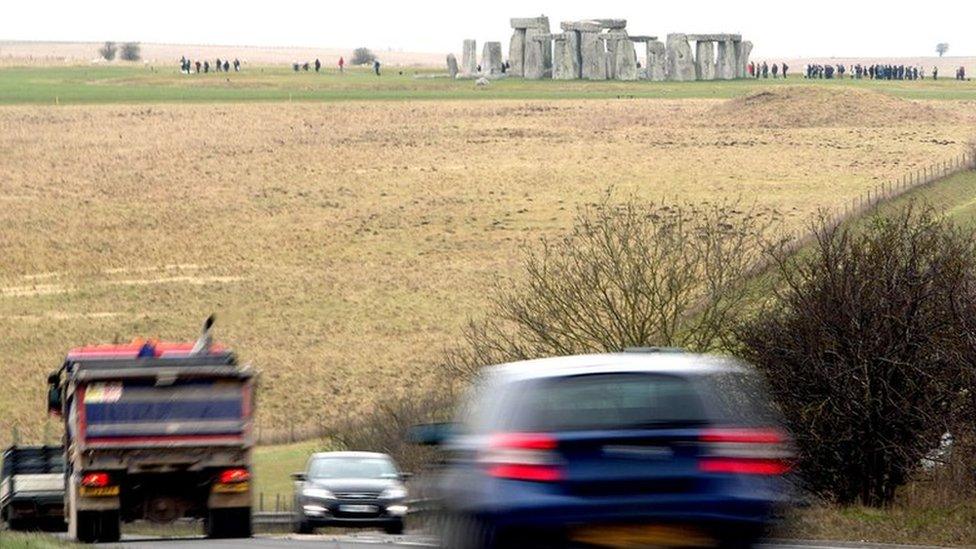
- Published26 April 2018
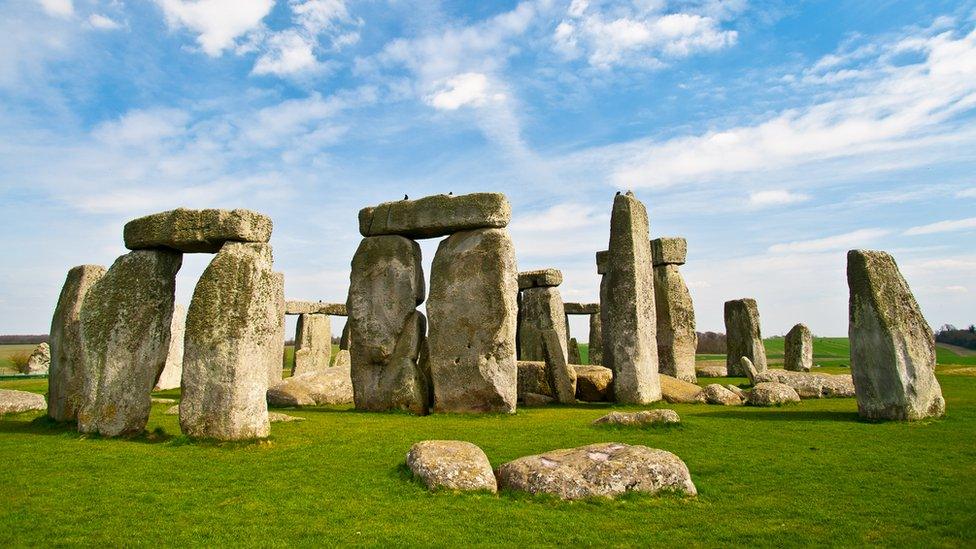
- Published3 August 2018
